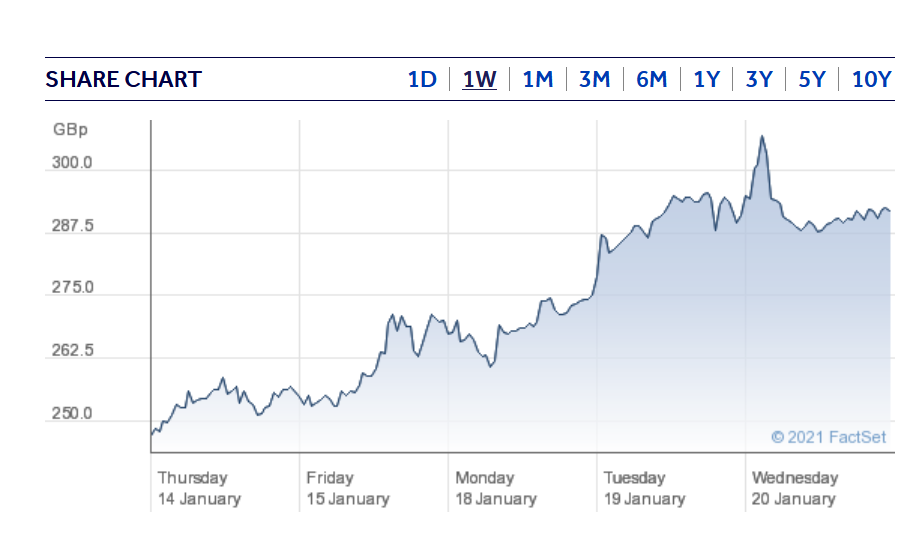Introduction:
In the dynamic landscape of business, the role of Chief Financial Officer (CFO) has evolved beyond traditional financial management. Modern CFOs are strategic leaders, influencing critical decisions that impact the overall success and sustainability of an organization. Recognizing the complexity of this role, companies increasingly turn to headhunters, or executive search firms, to identify and recruit top-tier CFO talent. This essay explores the value of using headhunters in recruiting CFOs, shedding light on the benefits and strategic advantages that come with this specialized approach.
The Evolving Role of CFOs:
The role of CFOs has significantly transformed in recent years, extending beyond financial stewardship to encompass strategic planning, risk management, and operational leadership. CFOs are now integral members of the executive team, contributing to the development and execution of business strategies. Consequently, the demand for CFOs with a unique blend of financial acumen, strategic vision, and leadership skills has surged.
Challenges in CFO Recruitment:
Identifying and recruiting a CFO who aligns with the company’s vision and possesses the requisite skills is a challenging task. Traditional recruitment methods may fall short in targeting the specific attributes required for a modern CFO. Headhunters, with their specialized knowledge and extensive networks, offer a strategic solution to these challenges.
Benefits of Using Headhunters for CFO Recruitment:
- Specialized Expertise: Headhunters specializing in executive-level searches bring a deep understanding of the CFO role and its evolving demands. They are well-versed in the nuances of the financial industry and can accurately assess the skills, experiences, and cultural fit required for a CFO to succeed in a particular organization.
- Access to a Global Network: Executive search firms maintain vast networks of professionals across industries and geographies. This global reach enables them to tap into a diverse pool of talent, ensuring that the recruited CFO not only possesses the necessary skills but also brings a global perspective to the organization.
- Confidentiality and Discretion: CFO searches often require a high level of confidentiality. Headhunters understand the sensitivity of executive-level recruitment and are equipped to handle the process discreetly. This is crucial for protecting the reputation of both the hiring organization and the candidate.
- Time and Resource Efficiency: CFO searches can be time-consuming and resource-intensive. Headhunters streamline the recruitment process by leveraging their networks, databases, and industry knowledge. This efficiency is especially valuable in securing top talent promptly, minimizing the potential negative impact of prolonged vacancies in critical leadership positions.
- Assessment and Evaluation: Headhunters employ rigorous assessment and evaluation processes to ensure that the shortlisted candidates not only meet the technical requirements but also align with the organization’s culture and strategic goals. This meticulous approach reduces the risk of mismatches and enhances the likelihood of long-term success for the recruited CFO.
- Negotiation and Onboarding Support: Securing a high-caliber CFO often involves complex negotiations. Headhunters act as intermediaries, facilitating negotiations between the hiring organization and the candidate. Furthermore, they can provide valuable onboarding support to ensure a smooth transition for the newly appointed CFO.
- Mitigating Risks and Maximizing Returns: The strategic nature of the CFO role means that the impact of a successful hire is substantial, influencing the financial health and strategic direction of the organization. Headhunters play a pivotal role in mitigating risks associated with executive-level appointments, ultimately maximizing the return on investment for the hiring organization.
Headhunters and recruiters are both professionals involved in the talent acquisition process, but they operate in distinct ways and serve different purposes within the broader field of recruitment. Understanding the differences between headhunters and recruiters is crucial for organizations seeking to optimize their hiring strategies.
- Purpose and Focus:
- Headhunters: Also known as executive search consultants, headhunters specialize in recruiting for high-level executive positions, typically at the C-suite level. They are tasked with identifying and attracting top-tier talent for leadership roles. Headhunters often target passive candidates, individuals who may not be actively seeking new opportunities but possess the skills and experience sought by their clients.
- Recruiters: Recruiters, on the other hand, have a broader scope and may handle positions at various levels within an organization. Their focus ranges from entry-level positions to mid-level management roles. Recruiters may work in-house as part of a company’s human resources team or be employed by external staffing agencies.
- Search Approach:
- Headhunters: Headhunters proactively seek out candidates who may not be actively looking for new opportunities. They rely heavily on networking, industry knowledge, and a deep understanding of their clients’ needs to identify and approach potential candidates directly. The search process is often highly targeted and tailored to specific executive roles.
- Recruiters: Recruiters may engage in both active and passive candidate sourcing. They often post job openings, review applications, and conduct interviews with candidates who have applied for positions. Recruiters also build talent pools and maintain databases of potential candidates for future openings.
- Client Relationship:
- Headhunters: Headhunters typically work on a retained or contingency basis. In a retained search, the client pays a fee upfront for exclusive access to the headhunter’s services. In a contingency search, the headhunter is only compensated if a candidate they present is hired. The relationship between headhunters and clients is often more consultative, with a focus on understanding the company’s culture, strategy, and specific executive needs.
- Recruiters: Recruiters may work on a contingency basis or as part of an agency that charges fees based on successful placements. In some cases, recruiters are directly employed by the company they are hiring for. Their relationship with the client may involve a more transactional approach, with an emphasis on filling positions quickly and efficiently.
- Compensation and Fees:
- Headhunters: Headhunters typically command higher fees, reflecting the specialized nature of their work and the critical importance of executive-level hires to an organization. The fees may be a percentage of the hired executive’s first-year salary or a flat fee agreed upon with the client.
- Recruiters: Recruiters’ fees are often contingent on successful placements and are generally lower than those charged by headhunters. The fees may be a percentage of the candidate’s first-year salary or an hourly rate for the recruiter’s time.
- Level of Involvement:
- Headhunters: Due to the strategic nature of executive searches, headhunters are deeply involved in every stage of the recruitment process. From defining the role to negotiating offers, they play a hands-on role in securing top-level talent for their clients.
- Recruiters: Recruiters may handle a larger volume of positions simultaneously, and their involvement in the process can vary. While they are responsible for sourcing and screening candidates, the hiring manager within the organization often takes a more active role in the final stages of the selection process.
In summary, headhunters and recruiters serve distinct purposes within the recruitment landscape. Headhunters specialize in executive-level searches, employing a proactive and targeted approach to identify and attract top talent. Recruiters, on the other hand, have a broader focus, handling positions at various levels and employing both active and passive candidate sourcing strategies. Understanding the differences between these roles allows organizations to choose the right professionals to meet their specific hiring needs.
Conclusion:
In conclusion, the value of using headhunters in recruiting CFOs is evident in the specialized expertise, global networks, and strategic advantages they bring to the table. The evolving nature of the CFO role demands a tailored approach to recruitment, and executive search firms offer precisely that. By leveraging their knowledge, networks, and efficient processes, headhunters contribute significantly to the success of organizations in securing top-tier CFO talent, ultimately enhancing their strategic and financial prowess in today’s competitive business environment.
FD Capital are one of London’s leading CFO Headhunter and recruitment boutiques, you can learn a lot about them by listening to their podcast here.
















